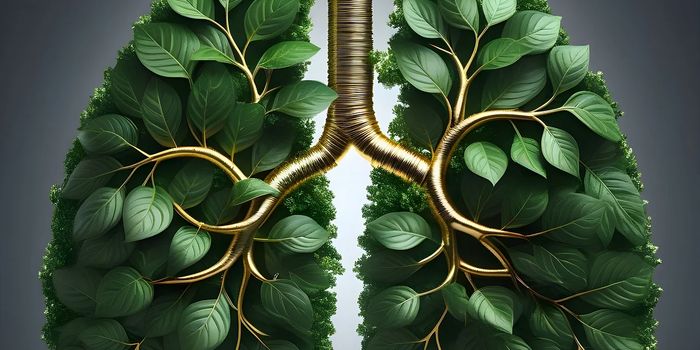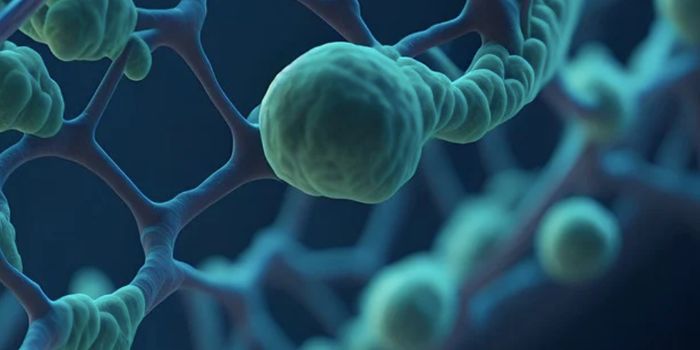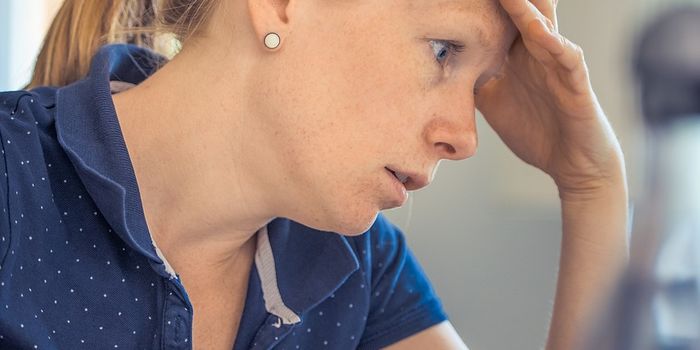Will your Valentine's Day Chocolates Prevent Cancer?
Valentine’s Day and chocolate go together like milk and cookies and peanut butter and jelly. CandyStore.com estimates that 58 million pounds of chocolate will be purchased during the week of Valentine’s Day. With the sweet smell of love, and chocolate, in the air, have you ever wondered if chocolate could actually be good for you? The short answer- maybe.
Cocoa beans, a primary ingredient in chocolate, are packed with components called flavanols. These natural components are essential to protecting our cells from toxins and stress. Flavanols regulate cellular activities, including the activity that repairs damage to cells. Cancer can develop from damaged cells, so, in a broad sense, a component in chocolate can indeed help protect against cancer. Here, we will review a few possible connections between cancer and chocolate.
Flavanols contain antioxidants
Our bodies produce free radicals, unstable, highly reactive molecules, in response to a wide array of environmental stressors ranging from exercise to cigarette smoke. Free radicals form throughout our lives, and as we age, the adverse changes they initiate accumulate, leading to diseases including cancer. Flavanols are potent antioxidant agents, substances that slow damage to cells caused by free radicals. While the body naturally produces antioxidants to control some damage introduced by free radicals, they can also be found in foods like berries, fruits, nuts, vegetables, and, yes, chocolate! In fact, a 2010 study published in Nutrition Journal found that the higher the cocoa content in the chocolate, the higher the antioxidant properties.
Flavanols reduce inflammation
Inflammation is a biological process during which immune cells counteract a foreign invader that can harm the body. Inflammation helps the body heal damaged or injured cells. However, when chronic, inflammation causes DNA damage that can promote the development and progression of cancer. In a previous article, we compared inflammation's beneficial and cancer-causing properties. Chronic, unregulated inflammation is associated with several types of cancer. Flavanols possess several anti-inflammatory properties, suggesting that foods like chocolate could serve as an effective anti-cancer agent.
Flavanols inhibit tumor promoting activities
In vitro studies have demonstrated that flavanols can regulate biological functions required for cancer development and progression. Tumors promote a natural process called angiogenesis, the formation of new blood vessels necessary to deliver nutrients to a growing tumor. Flavanols can help prevent angiogenesis by regulating the expression of mediators required to support new blood vessels. Further, research has shown that flavanols inhibit tumor cell proliferation, a function essential for tumors to grow.
So, is chocolate good for you?
While there is evidence linking flavanols, a component of chocolate, to some anti-cancer functions, it is not clear whether chocolate itself promotes similar effects. It is important to remember that chocolate is also high in calories, sugar, and fat, all of which contribute to obesity, which has many negative implications for cancer. All things considered, moderation may be key when enjoying your Valentine’s Day treats!
Sources: Pharmacogn Rev, Nutr J, Antioxidants, Nature, Pharmacol Res , Pharmacogn Rev









